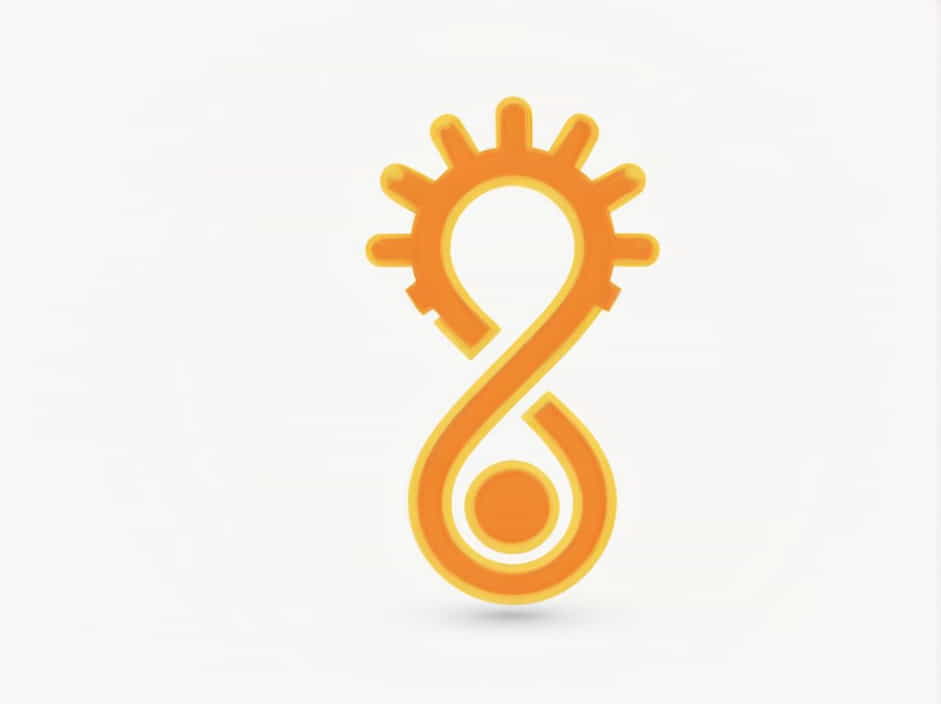Mutations play a crucial role in genetics, evolution, and hereditary diseases. But are mutations heritable or inheritable? These terms are often used interchangeably, but they have distinct meanings in biological science.
This topic will explore the nature of mutations, their types, and how they pass from one generation to another. We will also discuss their implications in evolution, medicine, and genetic disorders.
What Is a Mutation?
A mutation is a permanent change in the DNA sequence of an organism. These changes can occur in somatic cells (non-reproductive cells) or germline cells (sperm and egg cells). The impact of a mutation depends on where it occurs and how it affects gene function.
Mutations can be:
- Beneficial (leading to advantageous traits)
- Neutral (causing no noticeable effect)
- Harmful (leading to genetic disorders or diseases)
Mutations are the driving force of evolution, as they introduce genetic diversity into populations.
Heritable vs. Inheritable Mutations: What’s the Difference?
The terms heritable and inheritable are closely related but have slight differences in meaning:
- Heritable mutation: A mutation that can be passed from one generation to the next through germline cells (sperm or egg).
- Inheritable mutation: A mutation that is capable of being inherited, but not necessarily always inherited.
For example, a germline mutation in a parent is heritable because it can be passed to offspring. However, not all children may inherit the mutation, making it inheritable but not guaranteed.
Germline Mutations: The Basis of Heritable Changes
Mutations in germline cells are permanently incorporated into the DNA of offspring. These changes affect every cell in the child’s body and can be passed down for multiple generations.
Somatic Mutations: Not Heritable but Still Significant
Mutations in somatic (body) cells are not passed to offspring. For example, mutations causing skin cancer due to UV radiation are not inherited because they do not affect reproductive cells.
Types of Mutations and Their Inheritance Patterns
Mutations can be categorized based on how they occur and their effects on genetic material.
1. Point Mutations (Single Nucleotide Changes)
These involve a single base substitution in the DNA sequence. There are three main types:
- Silent mutations (no change in protein function)
- Missense mutations (change one amino acid in a protein)
- Nonsense mutations (create a premature stop codon, leading to a nonfunctional protein)
Some missense mutations cause heritable diseases like sickle cell anemia.
2. Insertions and Deletions (Indels)
- Insertion: Extra base pairs are added to DNA.
- Deletion: A section of DNA is removed.
If these occur in germline cells, they become heritable and may cause genetic disorders like cystic fibrosis.
3. Chromosomal Mutations
Larger mutations involve chromosome structure changes, such as:
- Duplication (extra copies of a gene)
- Inversion (a section flips)
- Translocation (genes move between chromosomes)
Down syndrome results from an extra chromosome 21, a heritable chromosomal mutation.
4. Spontaneous vs. Induced Mutations
- Spontaneous mutations occur naturally due to errors in DNA replication.
- Induced mutations result from external factors like radiation or chemicals.
Only spontaneous germline mutations are heritable, while induced mutations can be passed down if they affect sperm or eggs.
How Are Mutations Passed from One Generation to the Next?
The inheritance of mutations follows different patterns, depending on the type of mutation and the genes involved.
1. Autosomal Dominant Inheritance
- A mutation in one copy of a gene is enough to cause disease.
- Examples: Huntington’s disease, Marfan syndrome
2. Autosomal Recessive Inheritance
- Both parents must pass the mutated gene for the child to be affected.
- Carriers have one normal and one mutated gene but do not show symptoms.
- Examples: Cystic fibrosis, sickle cell anemia
3. X-Linked Inheritance
- Mutations in genes on the X chromosome affect males more severely.
- Examples: Duchenne muscular dystrophy, hemophilia
4. Mitochondrial Inheritance
- Mutations in mitochondrial DNA are always inherited from the mother.
- Example: Leber’s hereditary optic neuropathy (LHON)
The Role of Mutations in Evolution and Natural Selection
Not all mutations are harmful—some drive evolutionary change.
1. Beneficial Mutations
Some mutations increase survival or reproduction, leading to their spread through populations.
- Example: Lactose tolerance in humans evolved due to dairy farming.
2. Neutral Mutations
Some mutations have no immediate effect but can accumulate over generations, contributing to genetic diversity.
3. Harmful Mutations and Natural Selection
Harmful mutations are often eliminated over time because individuals with these mutations may have reduced survival or reproductive success.
Mutations and Human Health: Genetic Diseases and Cancer
1. Heritable Genetic Disorders
Some mutations in germline cells cause inherited diseases like:
- Cystic fibrosis (caused by a mutation in the CFTR gene)
- Sickle cell anemia (a single mutation in the HBB gene)
2. Cancer and Somatic Mutations
Cancer often results from mutations in body cells that disrupt cell division. Since these occur in somatic cells, they are not inherited. However, some people inherit genetic predispositions to cancer, like BRCA1/BRCA2 mutations linked to breast cancer.
3. Gene Therapy and Mutation Correction
Scientists are exploring ways to correct harmful mutations using techniques like CRISPR gene editing, which could revolutionize disease prevention and treatment.
Are Mutations Heritable or Inheritable?
Mutations can be both heritable and inheritable, depending on where they occur and whether they are passed to the next generation.
- Heritable mutations occur in germline cells and are passed from parents to offspring.
- Inheritable mutations are those that can be inherited, but not all individuals will inherit them.
- Somatic mutations are not passed to offspring, but they can still play a role in diseases like cancer.
Understanding mutations helps scientists study evolution, develop medical treatments, and predict genetic diseases, making this field essential for genetics and biotechnology.
